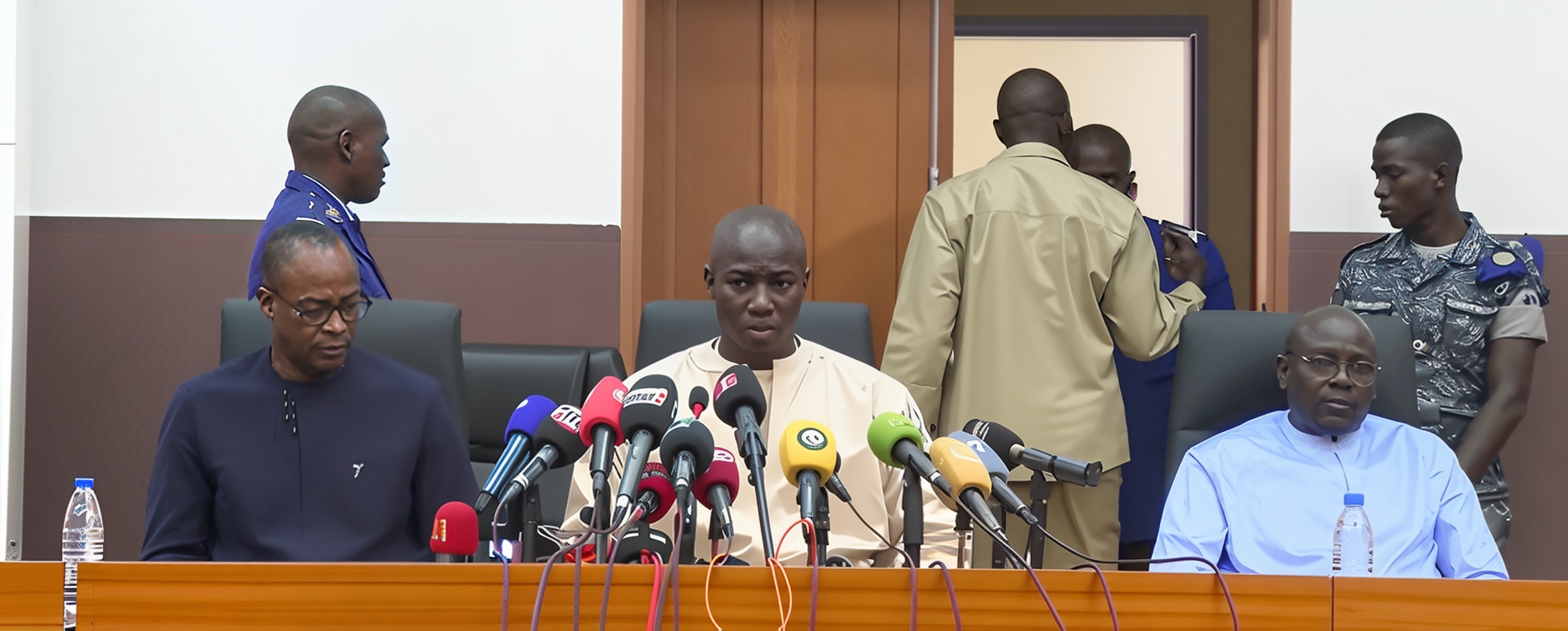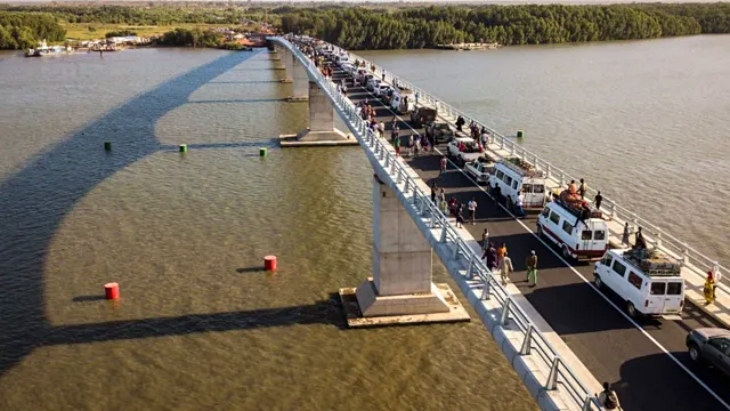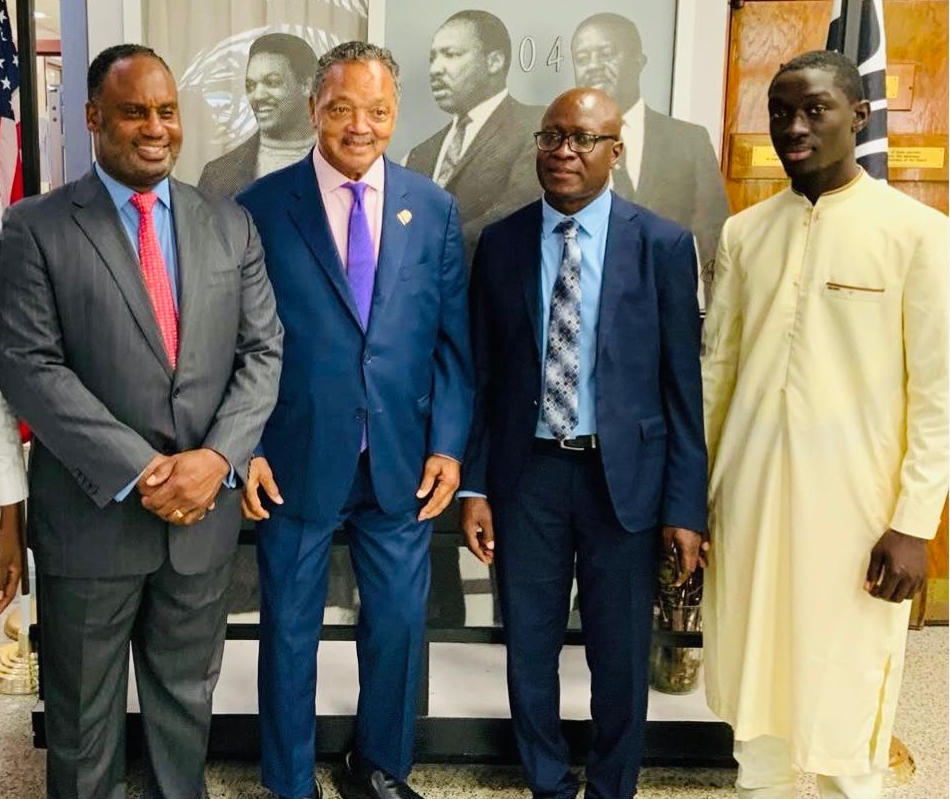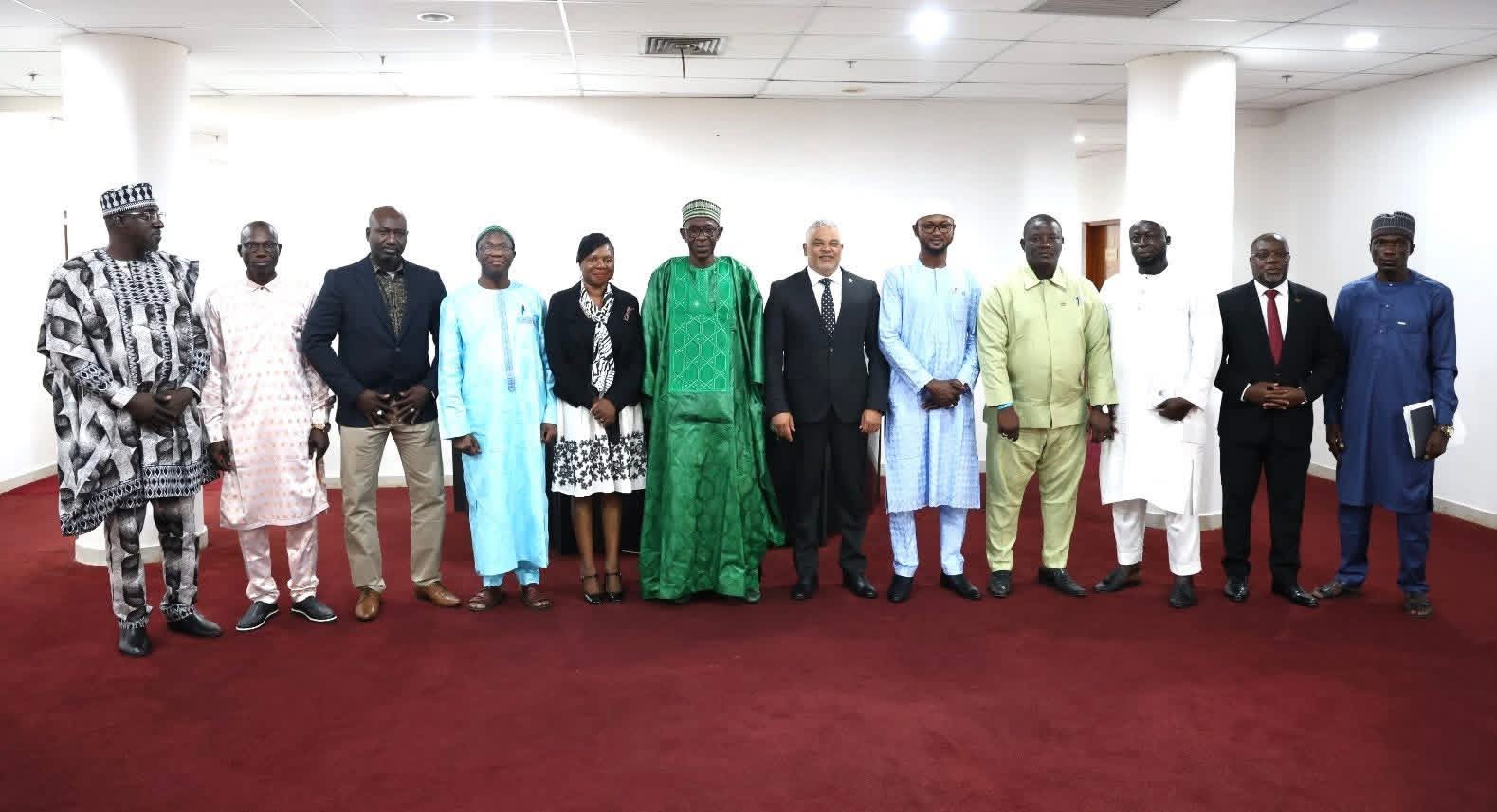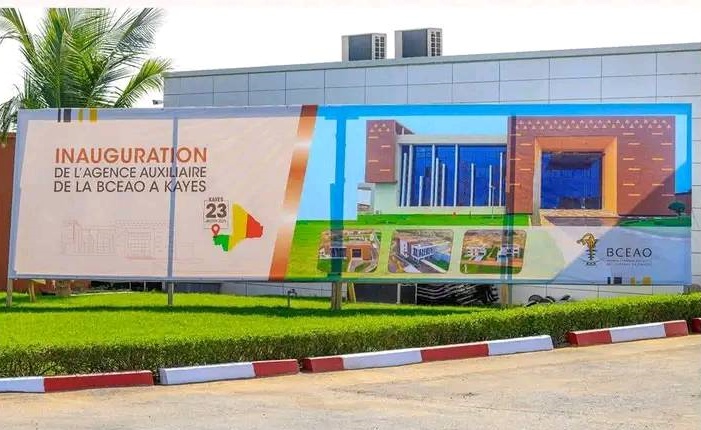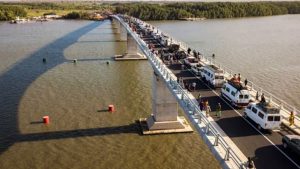Gambiaj.com – (KAYES, Mali) – In a move that underscores the paradoxes of Mali’s quest for sovereignty, the Central Bank of West African States (BCEAO) inaugurated a new auxiliary branch in Kayes on Thursday, January 23, 2025. The event comes amid Mali’s ongoing claims of distancing itself from the influence of France, even as it remains deeply integrated into France’s financial apparatus through the West African Economic and Monetary Union (UEMOA) and the use of the CFA franc.
The BCEAO, often criticized as a proxy for French colonial influence, opened its third auxiliary branch on Malian soil, following similar establishments in Mopti and Sikasso. The inauguration ceremony was presided over by Mali’s Minister of Economy and Finance, Alfousseyni Sanou, alongside BCEAO Governor Jean-Claude Kassi Brou and Ivorian Finance Minister Adama Coulibaly, who currently serves as President of the UEMOA Council of Ministers.
Expanding Financial Inclusion in Mali
The Kayes auxiliary branch is part of a broader BCEAO program aimed at expanding its network of agencies across UEMOA countries. According to officials, the initiative seeks to bolster the banking system, support decentralized financial systems, promote financial inclusion, and improve cash circulation in the region. Mali’s Finance Minister Sanou emphasized the importance of the new branch, calling on local financial institutions to assist economic operators in Kayes and beyond.
“The establishment of this auxiliary branch marks a significant milestone in promoting financial inclusion and economic growth in our region,” Sanou said during the ceremony. He cut the symbolic ribbon to signify the formal opening of the facility, which he described as a testament to Mali’s commitment to fostering regional economic cooperation.
A Sovereignty Debate
However, the inauguration also highlights a deeper contradiction in Mali’s geopolitical stance. The country, alongside Burkina Faso and Niger, has withdrawn from the Economic Community of West African States (ECOWAS) following military coups in the region. The trio established the Alliance of Sahel States (AES) as an alternative bloc, positioning it as a stand against perceived neo-colonial control by France and ECOWAS.
Despite these actions, Mali remains a member of UEMOA, a monetary union closely tied to France through the CFA franc. The currency, managed by the BCEAO, operates under agreements that require the deposit of a portion of member states’ foreign reserves in the French treasury. France also guarantees the currency’s convertibility, which critics argue perpetuates financial dependency on the former colonial power.
General Abdourahamane Tiani of Niger, a key AES leader, has been vocal about the bloc’s plans to launch an independent currency to replace the CFA franc. In February 2024, Tiani referred to the CFA as a “milk cow” and a tool of exploitation, calling for the creation of a currency that would grant the Sahel countries “total sovereignty.”
Yet, Mali’s continued embrace of UEMOA and the BCEAO reflects a complex reality—one in which economic pragmatism appears to outweigh ideological declarations of independence.
France’s Shadow in Mali’s Financial Affairs
The BCEAO’s ties to the Banque de France remain a point of contention for many in Mali and across the UEMOA bloc. Critics view the BCEAO as an extension of French economic interests, undermining the sovereignty of its member states. For Mali, the opening of the Kayes branch comes at a time when it is actively positioning itself as a leader of the AES, a coalition challenging the influence of France and its allies in West Africa.
This duality has raised questions about Mali’s ability to navigate its path toward financial and political independence while maintaining its membership in UEMOA. Analysts argue that the country’s reliance on the BCEAO and the CFA franc reveals the challenges of achieving economic self-reliance without destabilizing the existing financial framework.
The paradox of Mali’s actions—denouncing France’s influence through ECOWAS withdrawal while reinforcing its stake in UEMOA—underscores the complexities of regional integration in West Africa. As the AES explores the creation of an independent currency, the BCEAO’s continued presence in Mali reflects the enduring influence of historical ties that many in the region seek to sever.
Whether Mali can reconcile these contradictions remains to be seen. For now, the inauguration of the Kayes BCEAO branch signals a commitment to financial inclusion and regional cooperation, even as the country grapples with the broader implications of its geopolitical and economic alliances.



